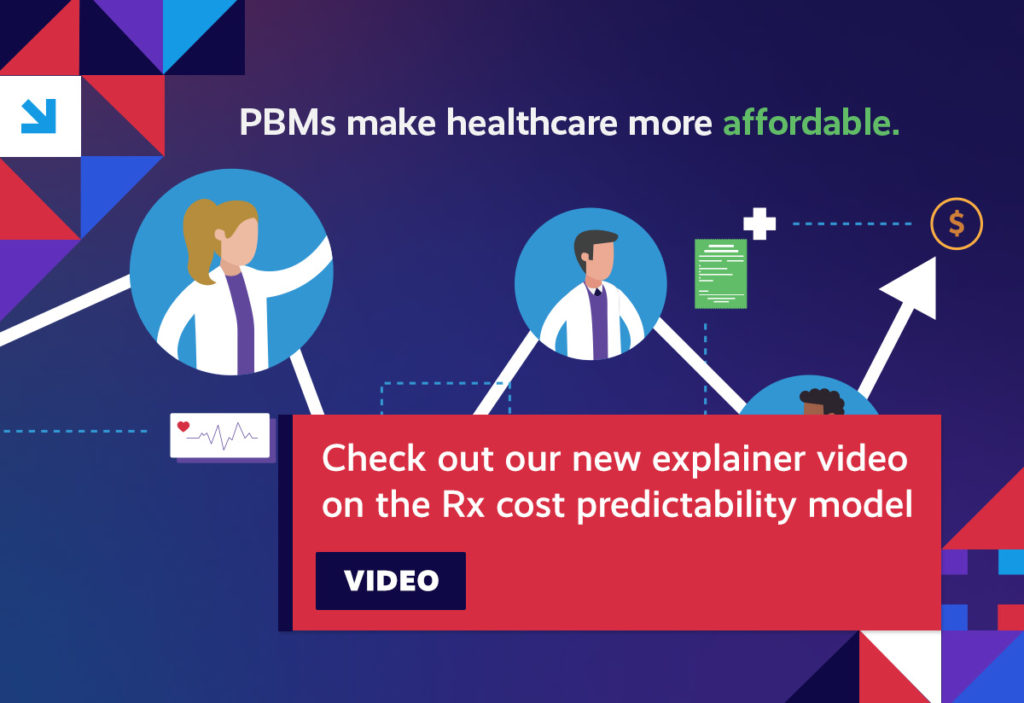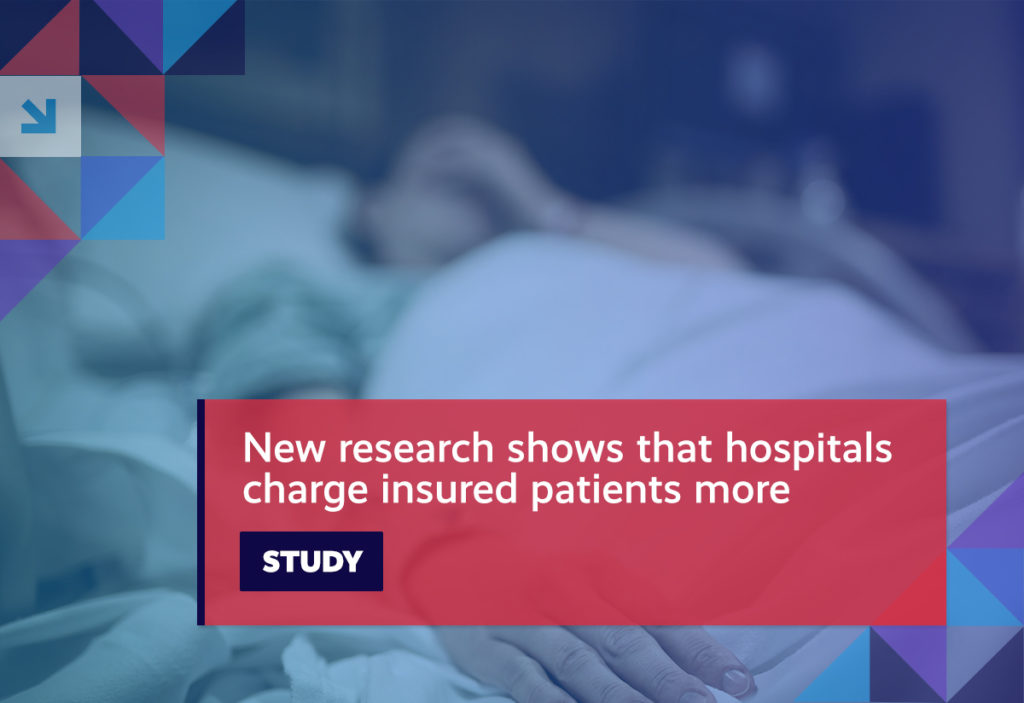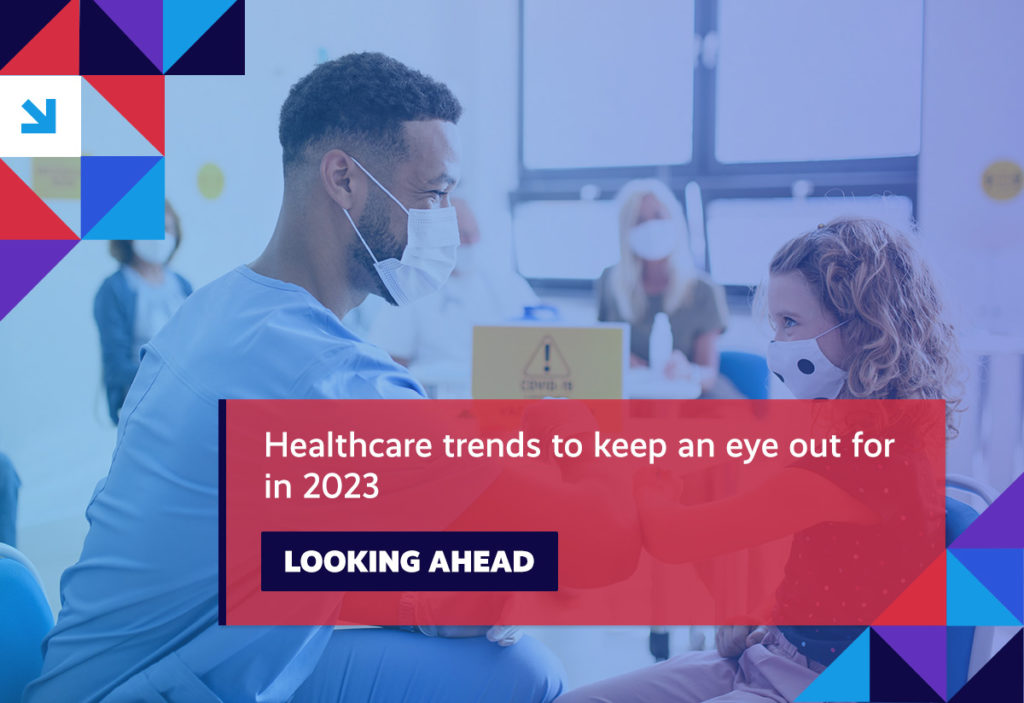A quick roundup of the issues driving the healthcare reform conversation.
Item of the Week

Week in Review
HOSPITAL FINANCES Despite claims to the contrary, the nation’s top hospital systems are actually doing better financially than they were prior to COVID.
Quick takeaway: While no one’s questioning that the ongoing coronavirus public health crisis has left hospitals financially exposed, a growing body of research has shown that many hospitals are doing just fine. In fact, thanks to government bailouts, some are even thriving.
Further context: A new study puts a finer point on this, focusing on the country’s three largest for-profit hospital chains. According to the data, all of them have been enjoying operating margins exceeding their pre-pandemic levels throughout most of the pandemic.
What it means: Hospitals and large health systems now find themselves increasingly back-footed, having to account for the outsized role they play in driving up healthcare costs. This has become even more relevant as new research shows that hospitals charge insured patients more than uninsured patients for the same services.

Rx PRICES Unsubstantiated price hikes drove up prescription drug spending in 2021 by hundreds of millions of dollars.
Quick takeaway: Last year, price increases related to seven of the top ten selling drugs in the U.S. led to more than $800 million in additional costs to our healthcare system. Even more alarming, these price hikes were not supported by any clinical evidence justifying the increase.
Further context: According to the research released by the Institute for Clinical and Economic Review (ICER), last year’s price increases were the continuation of the annual trend that has seen prescription drug spending skyrocket out of control. This was illustrated in the previous year by just one drug, AbbVie’s rheumatoid arthritis drug, Humira, which accounted for over 80 percent of 2020’s total increase, driving up drug spending by $1.4 billion alone.
What it means: Stakeholders are quick to point out that these unjustified price hikes for existing drugs are in addition to the astronomical launch prices of new drugs being brought to market. Case in point – a new hemophilia drug that was just approved by the U.S. Food and Drug Administration (FDA), and which has already earned the distinction of being the world’s most expensive drug, carrying a price tag of $3.5 million per course of treatment, $600,000 higher than fair price estimates.
MEDICARE ADVANTAGE An increased focus on supplemental benefits continues to distinguish the Medicare Advantage (MA) program from traditional Fee-for-Service (FFS) Medicare.
Quick takeaways: With care continuing to shift outside of healthcare facilities, MA plans have expanded their supplemental benefits offerings with a greater emphasis on in-home services. As a result, the number of plans now offering supplemental benefits heading into 2023 has jumped 35 percent.
Further context: Since the Centers for Medicare & Medicaid Services (CMS) expanded MA plans’ flexibility to offer certain supplemental benefits back in 2019, the number of plans offering these benefits has steadily increased. In addition to the in-home support services, these supplemental benefits include:
- Adult day health services
- Home-based palliative care
- Support for caregivers of enrollees
- Therapeutic massage
What it means: Despite Medicare-eligible beneficiaries continuing to choose MA plans over FFS in greater numbers, the program finds itself having to reaffirm its value proposition in an increasingly hostile operating environment, prompting stakeholders to come to its defense.

HEALTH EQUITY One health plan earns a notable health equity accreditation.
Quick takeaway: Late last month, Elevance Health announced that 21 of its affiliated Medicaid plans had earned full three-year accreditation from the National Committee for Quality Assurance (NCQA), the nation’s most respected healthcare quality measurement organization.
Further context: Looking more broadly at what drives health enables us to better understand what role social and behavioral factors play in affecting overall health. This includes everything from access to quality healthcare, stable housing, transportation, nutritious food, and even clean air. This has become increasingly important as our healthcare system operationalizes how to address systemic issues impacting health equity.
What it means: In achieving this health equity accreditation, Elevance Health has distinguished itself as being at the forefront of these efforts. From a process standpoint, it also provides the organization an actionable framework to guide and evaluate its progress going forward.
Spotlight

| You can keep up with the latest by following the Health Action Network on Twitter and by liking us on Facebook. And, be sure to check us out on LinkedIn, too. As always, let us know if there’s something you’d like to see covered in a future newsletter. |
